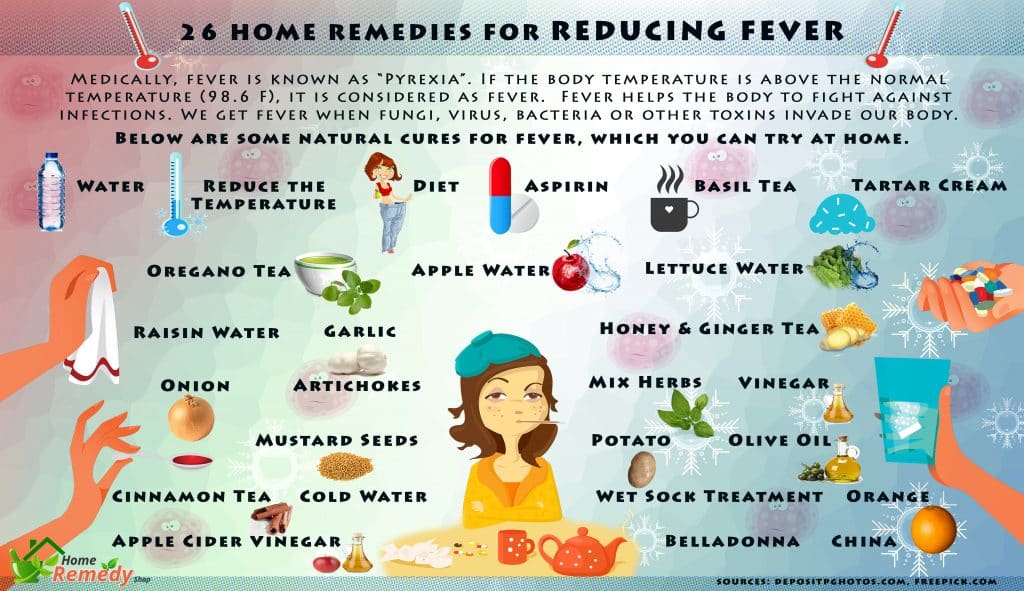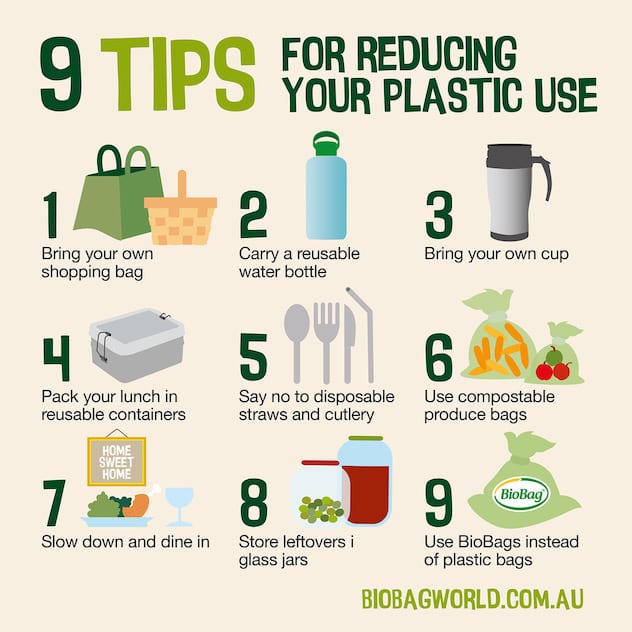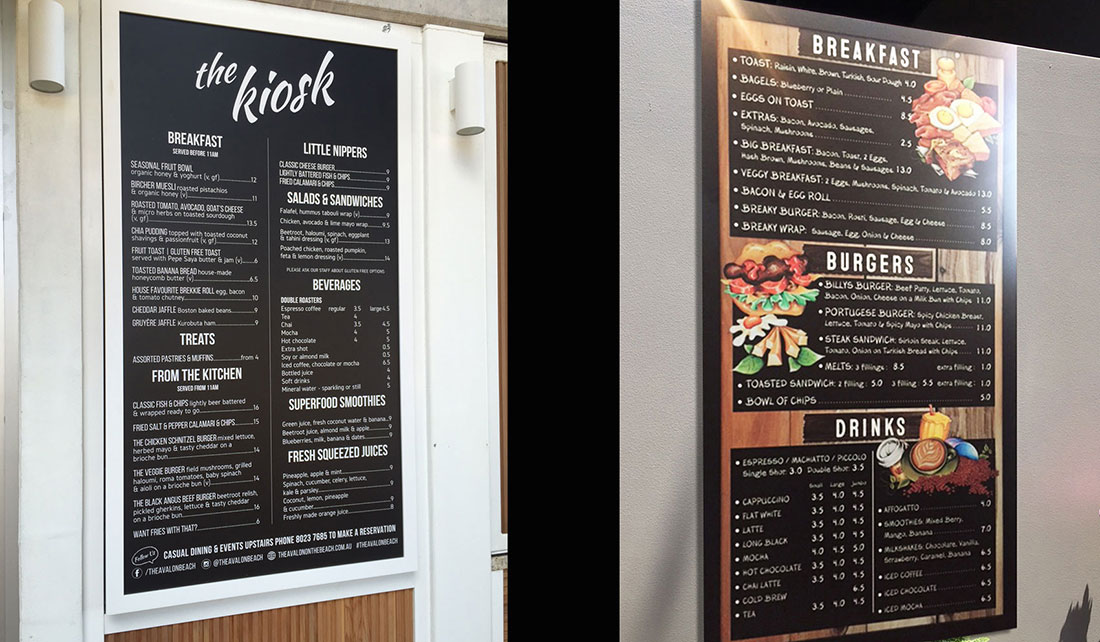Table of Content
The point of a policy is to save you money in the long run—but it does mean paying some upfront. Your deductible is the amount of risk you agree to accept before the insurance company starts paying on a claim. As the cost of your policy increases, it may no longer make sense to let the insurance company assume all the risk. You want your policy to cover any major purchases or additions to your home. If you've kept your coverage with a company for several years, you may receive a special discount for being a long-term policyholder. Some insurers will reduce their premiums by 5 percent if you stay with them for three to five years and by 10 percent if you remain a policyholder for six years or more.
Of course, if all else fails, call your agent and ask them what the coverage items or listed deductible mean. This annual review will help you understand where you are and are not protected. For example, if you have a low deductible of $500 or $1,000, consider raising it. You could save a significant amount of money on your monthly premium costs by assuming more financial risk of your own.
Winter Travel Mistakes to Avoid
The bottom line is that how to reduce car insurance often comes down to getting other coverage through the same company. In addition, many people adding solar to their existing policy may not have enough value in that coverage for the added cost of solar. For policies with extended replacement cost, it is very easy to exceed available limits if upgrades are not taken into consideration when establishing the coverage.
Check with your insurance agent first to be sure this will reduce your premium. Whenever you’re looking for lower car insurance, though, be careful to understand the policy you are getting. You might be getting a cheaper rate but have a much bigger deductible, or be getting some other benefit change. Make sure you understand if you are being offered lower car insurance with the same coverage or different coverage.
Shop around periodically
That said, the last thing you want is to reduce your insurance coverage, only to have an incident that your insurer can’t fully cover. You can reduce your homeowners insurance costs by establishing a solid credit history, as homeowners insurance companies often use credit information to determine quotes. Having bad credit may make you seem like a high-risk customer, which will drive your premium up.
Find out from your insurance agent or company representative what steps you can take to make your home more resistant to windstorms and other natural disasters. You may be able to save on your premiums by adding storm shutters, reinforcing your roof or buying stronger roofing materials. Older homes can be retrofitted to make them better able to withstand earthquakes. In addition, consider modernizing your heating, plumbing and electrical systems to reduce the risk of fire and water damage. It pays to shop around for insurance every few years, but be careful. Be wary of insurance companies that offer you reduced rates but aren’t clear how the policy will differ from what you have now.
Pay off your mortgage
The downside of this is that you have two separate renewals to manage. Sign Up NowGet this delivered to your inbox, and more info about our products and services. That said, you shouldn't have a deductible that's higher than what you can afford out of pocket. If you have an emergency fund that could withstand the hit, ask your agent to let you know how much your premiums could change if you increased your deductible. When choosing your premium amount, consider the cost of repairs or other issues that would prompt you to file a claim. Avoiding small claims can also help keep your premiums from increasing.

Security systems can cost many hundreds of dollars for the top-of-the-line products. You can also opt for a DIY security system, which costs less, and you can install it yourself. “Homeowners insurance can help pay for additional living expenses if you’re forced to live elsewhere while your house is being rebuilt. For rural areas and locations that are not within close proximity to a fire hydrant, investing in a dry hydrant may save thousands of dollars on home insurance premiums.
Top 10 Ways to Reduce Home Insurance Costs
The deductible is the level of risks that you’re willing to take on in the event you need to file a claim. If your premiums increase annually and you want to save money, raising your deductible is a great option. We call this “self-insuring.” It reduces the risks assumed by your provider, therefore reducing your premiums. You can earn extra discounts on every policy if you bundle your home, auto insurance and other insurance policies with one provider. Another benefit of bundling is that you’ll never be confused about who to call in case of claims or concerns. NerdWallet strives to keep its information accurate and up to date.
Check your credit record on a regular basis and have any errors corrected promptly so that your record remains accurate. A common misconception among homeowners is that flooding is covered by your homeowners insurance policy. It is important to get a flood insurance policy to help protect against flood damage. Most flood claims are thousands of dollars and without a policy, you could be paying for the damage yourself.
Such systems can be expensive and not every system makes you eligible to be awarded a discount. Prior to installing such a system, get recommendations from your insurer regarding the best device, the cost and how much savings you will realize on premiums. Insurance companies will often offer discounts if you buy all your insurance through them.
Instead of contacting insurers directly to get a quote, trust Patelco to guide you. Numerous smart home features exist that add value and functionality to homes. They automate the heating and cooling of the home, reducing energy use by learning over time when and how much climate control you need. Another increasingly popular feature is smart lighting with programmable LED lights that can change color. Solar panels let you power your home with the sun’s rays, reducing dependence on the electric grid.
This may influence which products we review and write about , but it in no way affects our recommendations or advice, which are grounded in thousands of hours of research. Our partners cannot pay us to guarantee favorable reviews of their products or services. This will depend on the amount of coverage you are getting for your money—the lowest dollar amount isn’t necessarily the best deal. According to our research, Lemonade has the lowest monthly rates of companies we’ve reviewed, starting at $25 per month. Improving your home security by installing protective devices like deadbolt locks, burglar alarms, or smoke detectors can earn you significant discounts. Some companies give greater and greater discounts depending on the degree of sophistication of these devices, cutting even more if you have alarms that call the police.

Insurance scores can’t keep you from a good price on auto insurance. Instead of griping about how hard it is to keep up with the algorithm, I say we get to steppin’ with some nifty moves that will help us lower our rates without borrowing a dime. TruthMost contents insurance policies specify a maximum level of cover; if you have expensive items you may need to take out extra cover. Combine your building and content insurance and you may get a discount. But do shop around because sometimes it can be cheaper to buy the two policies separately.

No comments:
Post a Comment